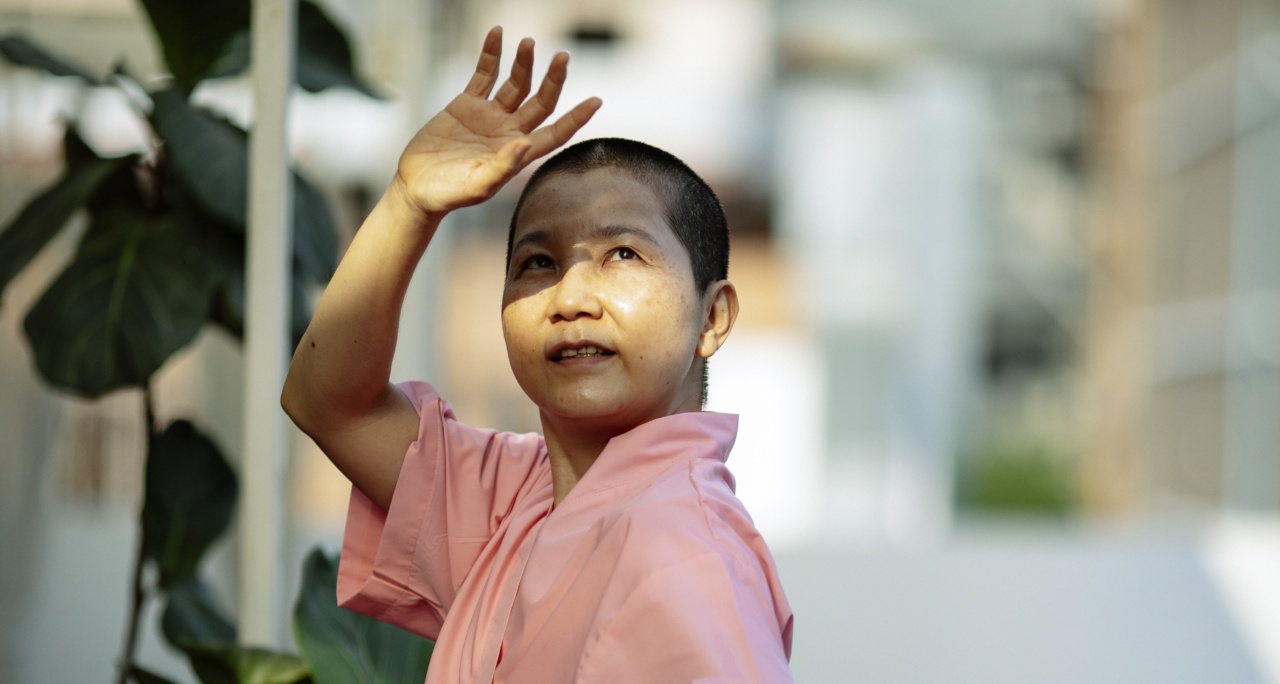Cancer is a serious health concern that affects millions of people worldwide. While some risk factors for cancer cannot be controlled, there are several proactive steps you can take to reduce your risk and prevent cancer.
By adopting a healthy lifestyle and making certain changes, you can significantly improve your chances of preventing cancer. In this article, we will discuss five important things you can do to safeguard your health and reduce the risk of cancer.
Eat a Balanced Diet
Your diet plays a crucial role in your overall health, including your cancer risk.
Consuming a balanced diet that is rich in fruits, vegetables, and whole grains can provide your body with the necessary nutrients and antioxidants to help fight off cancer cells. Include a variety of colorful fruits and vegetables in your meals, such as berries, leafy greens, carrots, and tomatoes. Avoid processed and red meats, as they have been linked to an increased risk of certain cancers.
Instead, opt for lean sources of protein like poultry, fish, and plant-based alternatives. Additionally, limit your intake of sugary foods and drinks, as excessive sugar consumption has been associated with various types of cancer.
Maintain a Healthy Weight
Being overweight or obese can contribute to the development of various cancers, including breast, colon, and prostate cancer. Excess body fat promotes the release of hormones and growth factors that can stimulate the growth of cancer cells.
By maintaining a healthy weight, you can significantly reduce your risk of developing cancer. Engage in regular physical activity and incorporate both cardio and strength training exercises into your routine. Additionally, focus on consuming a balanced diet and practice portion control to achieve and maintain a healthy weight.
Avoid Tobacco and Limit Alcohol Consumption
Tobacco use is one of the leading causes of cancer, accounting for a significant number of cancer-related deaths each year. Smoking has been linked to various types of cancer, including lung, throat, mouth, and bladder cancer.
Additionally, exposure to secondhand smoke can also increase the risk of developing cancer. If you currently smoke, quitting is the best option for your overall health and to reduce your cancer risk.
Similarly, excessive alcohol consumption has been associated with an increased risk of certain cancers, such as breast, liver, and esophageal cancer. If you choose to drink alcohol, do so in moderation. It is recommended to limit alcohol intake to one drink per day for women and up to two drinks per day for men.
Protect Your Skin
Excessive exposure to the sun’s harmful ultraviolet (UV) rays is a major risk factor for skin cancer, including melanoma, the most dangerous form of skin cancer. To protect your skin and reduce the risk of skin cancer:.
- Apply sunscreen with a high sun protection factor (SPF) before going outdoors, even on cloudy days.
- Wear protective clothing, such as long-sleeved shirts, pants, and wide-brimmed hats.
- Seek shade during the peak hours of sunlight, usually between 10 a.m. and 4 p.m.
- Avoid using tanning beds and sunlamps, as they emit UV radiation that can damage your skin.
- Regularly examine your skin for any changes or suspicious moles and consult a dermatologist if you notice anything unusual.
Get Vaccinated and Regular Screenings
Some cancers can be prevented through vaccination. For example, getting vaccinated against the human papillomavirus (HPV) can significantly reduce the risk of cervical and other HPV-related cancers.
Additionally, getting vaccinated against hepatitis B can help lower the risk of liver cancer. It is important to consult with your healthcare provider to determine which vaccinations are recommended for you based on your age, gender, and lifestyle.
Regular screenings and early detection can greatly increase cancer survival rates. Follow the recommended screening guidelines for various cancers, such as breast, cervical, colorectal, and lung cancer.
These screenings can help detect cancer at its early stages when treatment options are more effective.
Conclusion
Incorporating these five preventive measures into your lifestyle can greatly reduce your risk of developing cancer.
Remember to eat a balanced diet, maintain a healthy weight, avoid tobacco and limit alcohol consumption, protect your skin, and get vaccinated and screened regularly. By taking these proactive steps, you are actively working towards a healthier future, minimizing the likelihood of cancer and promoting overall well-being.






























